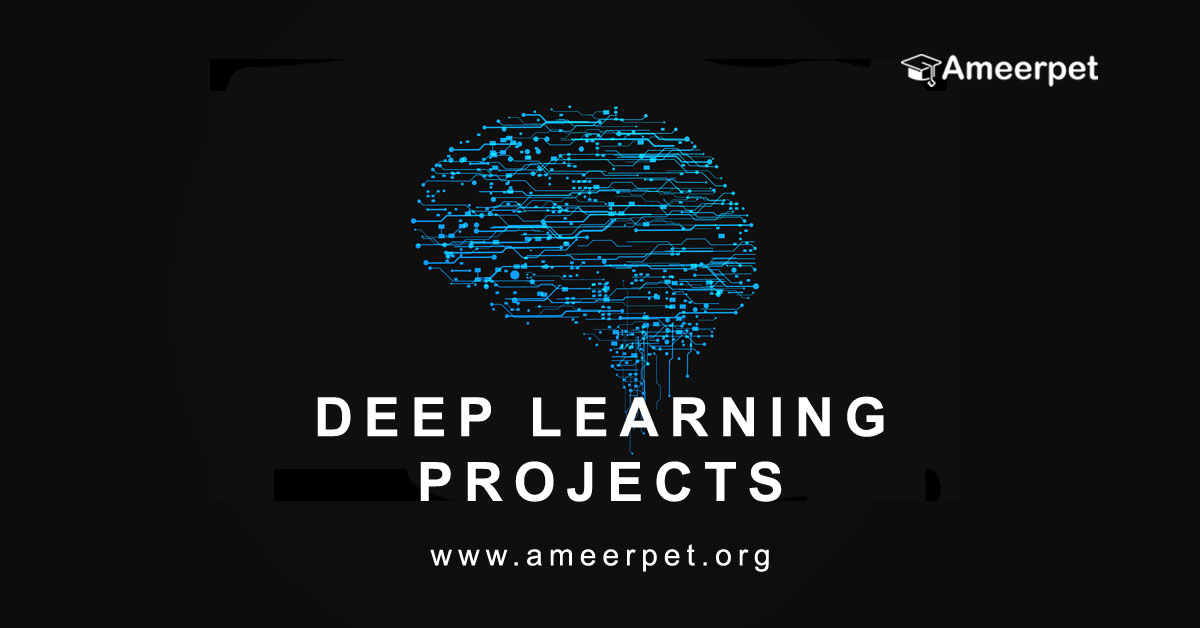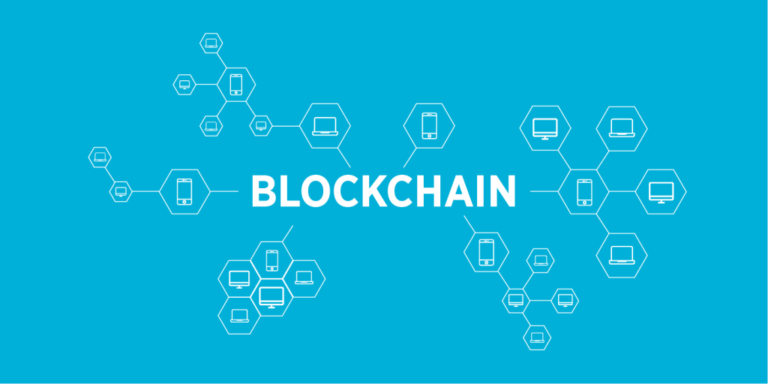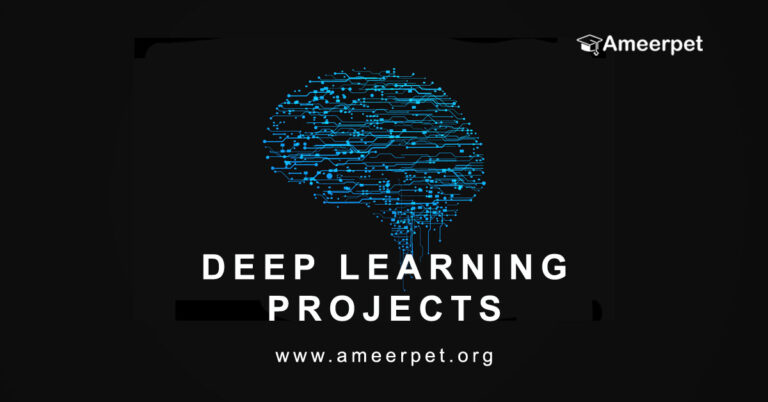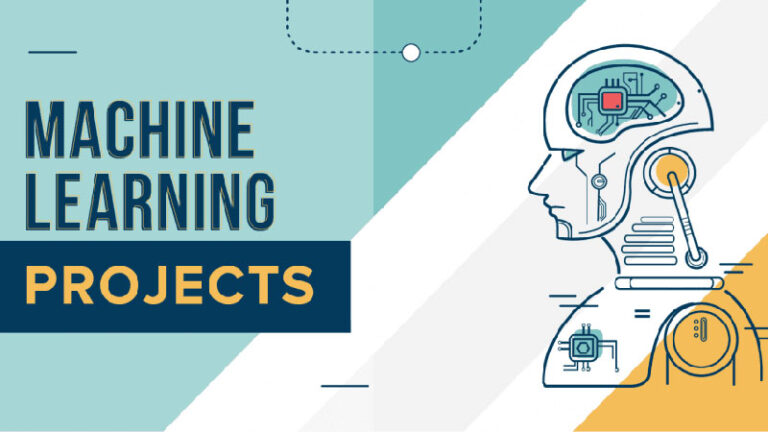
Abstract:
Conventional deformable registration methods solve an image pair optimization model, which is computationally expensive. Recent deep learning-based methods estimate deformation quickly. These data-driven heuristic network architectures lack geometric constraints needed to generate plausible topology-preserving deformations. These learning-based approaches also treat hyper-parameter learning as a black-box problem and require many training runs, which require computational and human effort. We propose a multi-scale propagation learning framework to optimize a diffeomorphic model. We develop a generic optimization model for diffeomorphic registration and a series of learnable architectures for propagative updating in the coarse-to-fine feature space. A new bilevel self-tuned training strategy efficiently searches task-specific hyper-parameters. This training method reduces computational and human burdens while increasing data flexibility. Image-to-atlas and image-to-image registration on 3D volume datasets are performed. Extensive results show the proposed method’s state-of-the-art diffeomorphic guarantee and extreme efficiency. We apply our framework to challenging multi-modal image registration and investigate how it supports medical image analysis downstream tasks like multi-modal fusion and image segmentation.
Note: Please discuss with our team before submitting this abstract to the college. This Abstract or Synopsis varies based on student project requirements.
Did you like this final year project?
To download this project Code with thesis report and project training... Click Here


